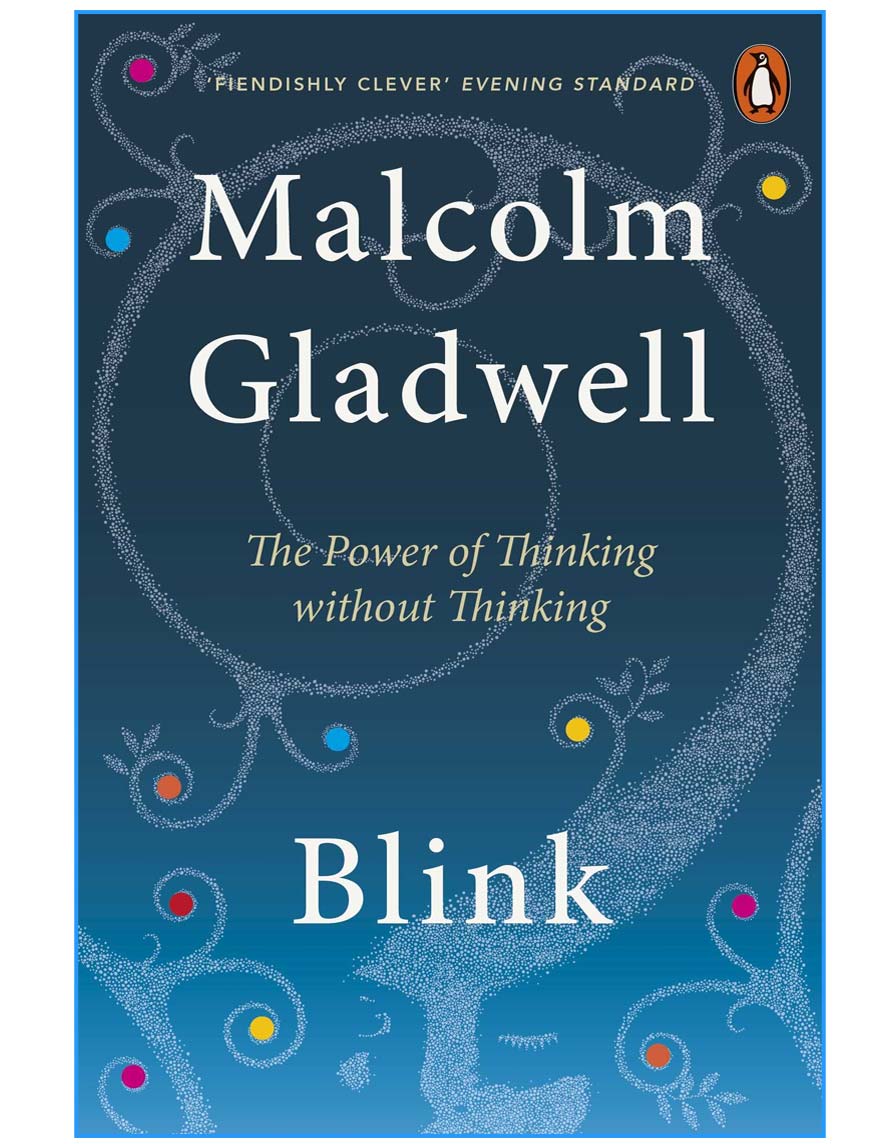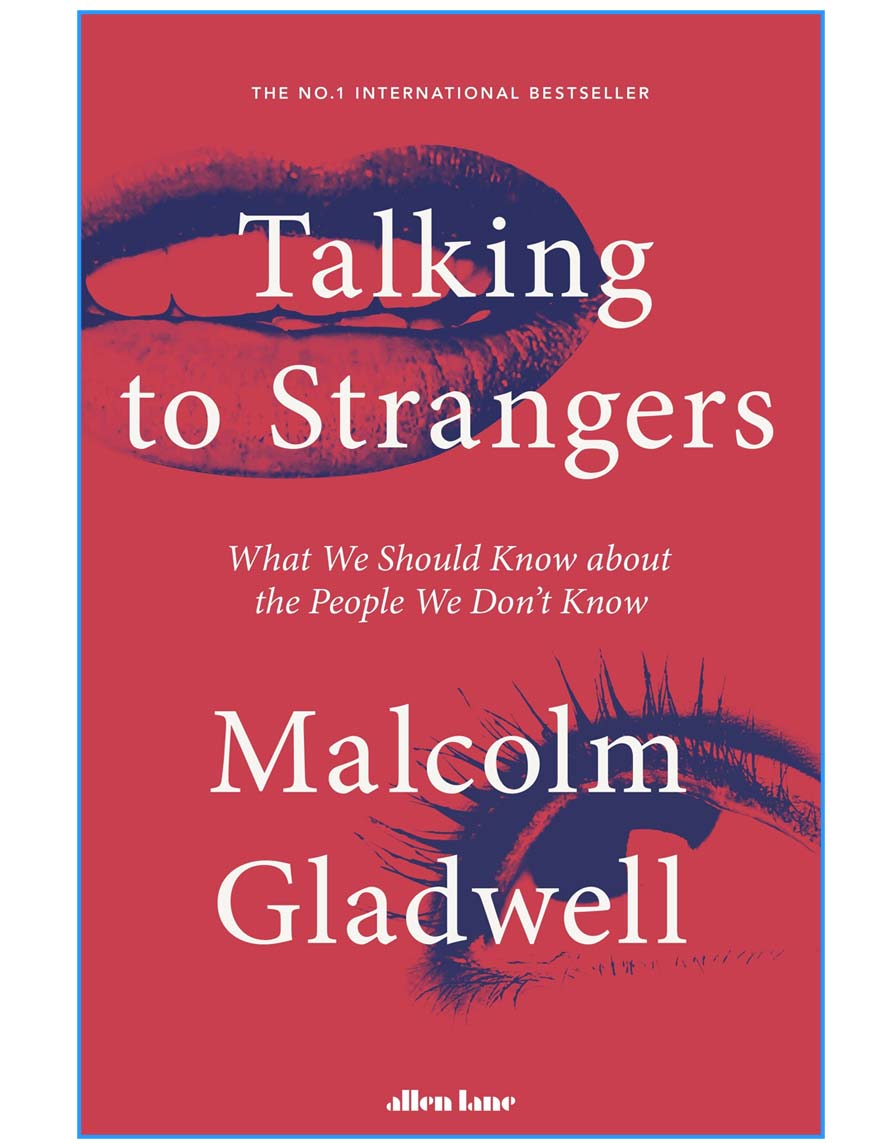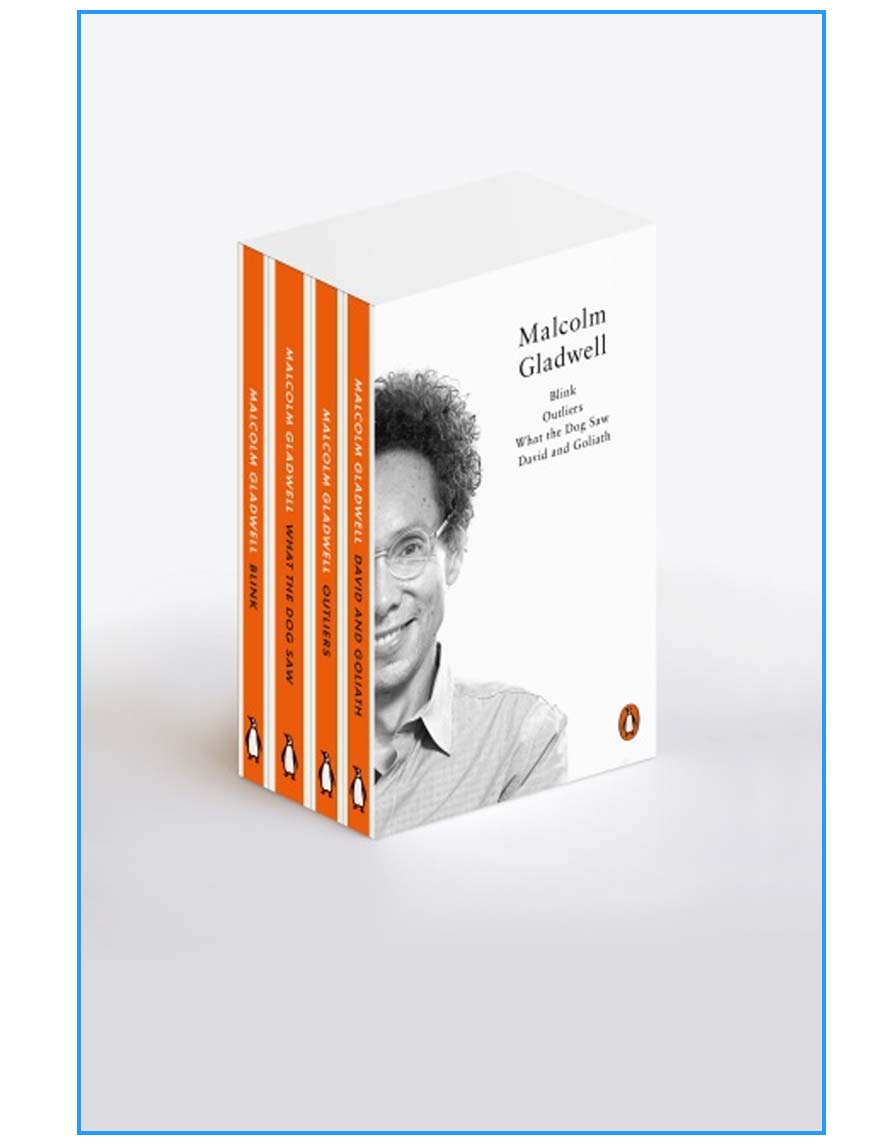Malcolm Gladwell
6 years agoMalcolm Gladwell, (born September 3, 1963, London, England), Canadian journalist and writer best known for his unique perspective on popular culture. He adeptly treaded the boundary between popularizer and intellectual.
Gladwell’s family moved in 1969 from England to Elmira, Ontario, where his father taught at the nearby University of Waterloo and his mother practiced psychotherapy. Gladwell was unique in the agrarian surroundings of Elmira, a largely Mennonite area: his mother was Jamaican and his father was a white Englishman. He later cited the singular perspective afforded by his heritage as a motivating factor in what he called his intellectual adventuring. As a teen, he immersed himself in conservative politics: he idolized American pundit William F. Buckley, and during his time at Trinity College, University of Ontario, he displayed a poster of U.S. Pres. Ronald Reagan on his wall.
Having graduated in 1984 with a bachelor’s degree in history, Gladwell moved to the United States and obtained a position at the conservative magazine The American Spectator. After being fired in 1985, he worked for a conservative think tank in Washington, D.C., simultaneously freelancing for several periodicals. He was hired (1987) as a business and science writer for the Washington Post newspaper and then served (1993–96) as the Post’s New York bureau chief before catching the eye of The New Yorker editor Tina Brown, who in 1996 offered him a position as a staff writer for that magazine.
In 2000 Gladwell released his first book, The Tipping Point: How Little Things Can Make a Big Difference, which contends that social epidemics result from a combination of seemingly arbitrary contextual details and the actions of a few key types of people. It became a best seller, as did its successor, Blink: The Power of Thinking Without Thinking (2005), which extols the untold virtues of snap judgment.
David and Goliath: Underdogs, Misfits, and the Art of Battling Giants (2013) maintained that certain experiences and situations perceived as disadvantages are in fact advantages—and vice versa. Some critics asserted that much of the volume constituted glorified common wisdom and questioned the strength of the evidence arrayed in support of more radical notions—such as the suggestion that dyslexia might be a competitive advantage because of the strong compensatory mechanisms developed by people with the disorder. Others, however, lauded his narrative finesseand ability to mine the scientific literature for engaging theories and concepts.
In Talking to Strangers: What We Should Know About the People We Don’t Know (2019), Gladwell focused on how people have difficulty communicating with strangers and how the consequences of such interactions can be life-altering.










